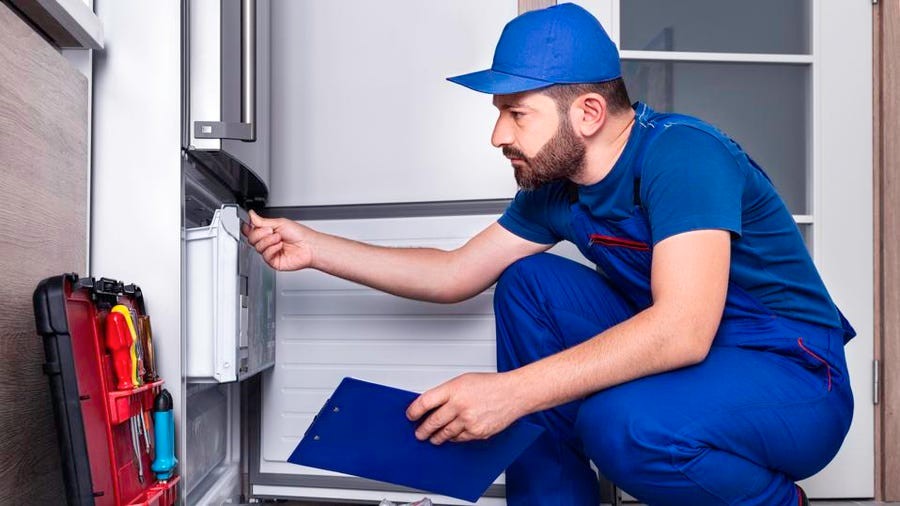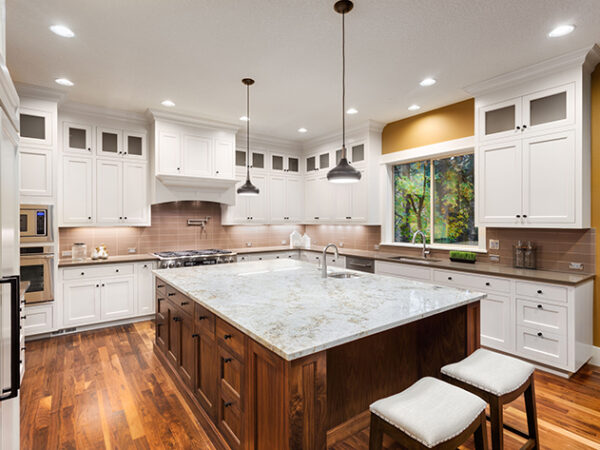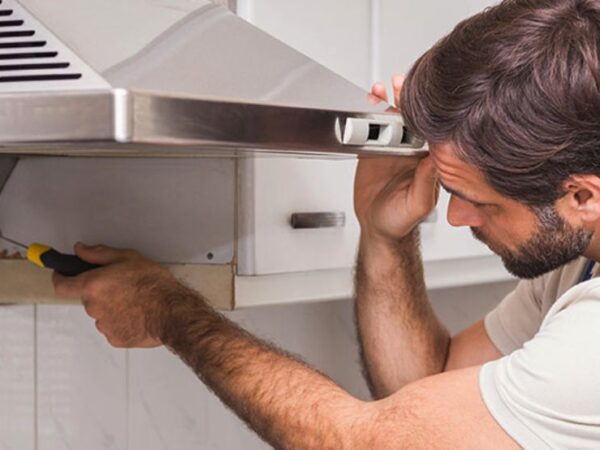To determine which pipe to choose for the water supply, you need to consider factors such as: the temperature of the circulating water and the external environment, the chemical structure of the water, the length of the water pipe, operating conditions, water pressure, as well as your financial resources.
Creating an autonomous water supply system from a well, well, or even a city collector is not an easy task, requiring the solution of a whole set of problems. One of these problems – it is fully thought-out, responsive to a variety of evaluation criteria for the choice of materials and components. And in the first line of this list will certainly be the pipes – without them the water supply is impossible “by default”.
Do not prevent such knowledge and the owners of urban apartments – sooner or later there comes a time when the need for overhaul of engineering communications will rise in all its severity. Therefore, let’s deal with a seemingly simple, but in fact – replete with important nuances question – what pipe to choose for the water supply of their residences.
What criteria should meet the water pipes?
On sale there are many varieties of water pipes, different material and their performance characteristics. What are the criteria for choosing the “perfect pipe”?
Since it is used for water supply, the material should not negatively affect the quality of drinking water. With some polymer pipes, sometimes used in construction, with this issue, by the way, not all is well. So when choosing this is immediately drawn attention.
Installation of a new water pipe or replacement of worn out pipes is made, understandably, with the prospect of several decades of operation. That is, the longevity factor should be one of the priorities.
Ideally, the pipe material is chemically inert, does not react with the aquatic environment, corrosion should be excluded. This, by the way, indirectly echoes the first two listed items
The pipe should meet a number of strength requirements. First and foremost, of course, this concerns the ability to withstand pressure from the inside. Although we cannot say that water supply systems are “famous” for high pressure, but even in them the pressure of 5 ÷ 6 atmospheres is not uncommon. At the collectors in multi-storey buildings can be higher. It will be much easier to water leak detection, and during the test pressurization pressure rises even up to 12 atmospheres. And the pipes must cope with such a load.
For each type and each brand of pipe there are established limits of permissible pressure – this is one of the fundamental parameters of such products. Moreover, this indicator is also very closely related to the temperature of the transported water. So if you create a water pipe for hot water supply, care must be even higher.
The pipe must withstand and external adequate loads and impacts, depending on the specific conditions of its operation. This refers to its mechanical strength, ring stiffness (if the anticipated squeezing loads), resistance to temperature changes (with the necessary size of the linear expansion), and resistance to ultraviolet rays, and other factors. For different sections of the water pipeline and the requirements may differ markedly.
May require insulation and even heating plumbing sections located in cold basements or basement rooms.
For internal parts of the water supply system, located in the heated rooms of the house, the requirements are not so strict. But even here you should determine in advance, for example, what type of laying will be used. For example, if the house is wooden, then the distribution of pipes will definitely be open. And at the forefront can go even aesthetic qualities of pipes – so that the plumbing does not spoil the interior.
By the way, regardless of the construction material of the house, if you choose metal pipes (again – no matter what) laying will also be solely open. However, let’s mention – there is an exception, which will be mentioned in due course.
If it is planned to remove the pipes in the wall, then the appropriate material is also thought out in advance. For this purpose, polypropylene and PVC pipes are well suited, durable, not subject to corrosion and with very reliable welded connections.
Plumbing is sometimes laid temporary, outdoor, for example, only for the summer for dacha conditions (or, alternatively, the “summer” area for watering the vegetable garden). As a rule, in such cases, plastic pipes are used, and the most important criteria for evaluation will be thermal resistance (can be very strong heating in the sun) and immunity to ultraviolet light.





